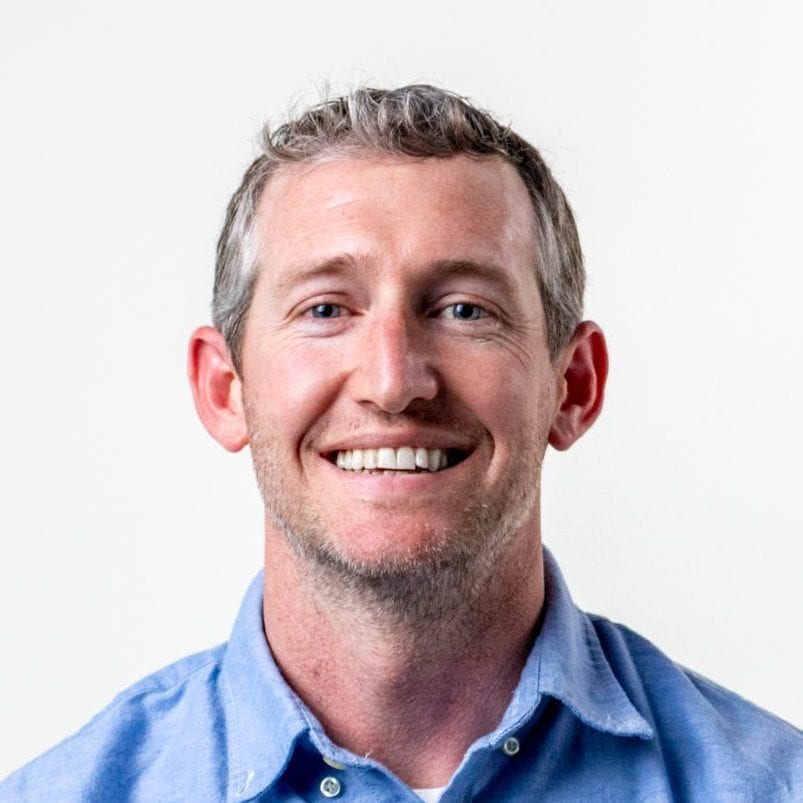We are inundated with information. The amount of information we consume on a daily basis is staggering. Think about it. We have more information at our fingertips right now than at any other point in human history.
And when it comes to learning, the opportunities are endless. We scan blogs (like this one), read books, listen to podcasts, and take online courses.
However, for all this intake of information, is it producing growth and development? Is our learning serving as a catalyst for accomplishing our goals and reaching our potential? If we had to be honest, I think for most of us, our learning is more activity than productivity.
Here’s why this is important. Information, in and of itself, doesn’t produce transformation. Transformation is in the application. Simply knowing a fact or point of view cognitively doesn’t help us develop. The transformation or growth is in applying that information. It’s in experimenting with principles and customizing them to our unique personality, situation, strengths, etc.
Note: If you read or listen to fiction purely for the enjoyment of getting lost in a story, that’s great. I do the same with part of my reading. This blog post is not about that type of reading. It’s about those moments when we carve out intentional time to learn and how we get the most out of that learning.
So, how do we create a type of learning that actually transforms instead of one that merely informs?
The key is the debrief.
Just like the military debriefs every mission, we must debrief the information we are taking in so that we can get the most out of it. And we must conduct this debrief within a few days of finishing that book, podcast, conference, etc.
Here are some steps for a successful learning debrief:
Record the Nuggets
I had a mentor who would always ask me what the “nuggets” were from a book I just read. What he meant was the gold nuggets. The most important or valuable parts of the book.
Ask yourself, “What lessons or principles stood out to me?”
One of the methods I use for remembering those nuggets is that I physically type up my highlights from the book I just read. This helps me retain more information and it also gives me a summary of the book I can reference for the future.
Note: Here, I’m focusing on reading debriefs. But you can also debrief situations or experiences like this season of quarantine. For experiences, I would answer these questions:
- “What lessons am I learning during this season?”
- “What have been the strengths or things that I’ve done well?”
- “What have been the weaknesses or things I need to improve on?”
Answer the “So What?”
After recording your key takeaways, you need to ask yourself, “So what?” So what am I going to do next? What changes am I going to make based upon what I just learned? This is where you create an action or development plan. This plan could be a simple task or change you want to make; or depending on how valuable the information was, it could be a complete overhaul in an area of your personal or professional life.
As you create your action or development plan, be as specific as possible and customize it to your specific context. Don’t simply regurgitate the information you’ve gained.
Determine the “When”
Your “so what” must have a due date. When are you going to accomplish or implement this plan? Remember “a river without boundaries is a swamp.” It’s stagnant and doesn’t produce movement. So is a goal without a due date. Both are ineffective when it comes to progress. The due date helps hold you accountable.
For some action or development plans, you might want to implement them right away because they are high priority. However, for others, they may be a lower priority and you’ll want to wait until next month, next quarter, or even next year to implement. The key in this step is to proactively set when it is most important to revisit this plan.
Besides self-accountability, I would also encourage you to seek out another person to hold you accountable to your action or development plan. David L. Cook says, “People say they are going to change, but without accountability they seldom do.”
Game Plan
One of the ways that I foster a culture of learning in my life is that I journal every morning before starting work and one of the questions I answer is “What lessons did you learn yesterday?” These could be lessons from a book, blog, or experience that happened.
For the next seven days, I want to encourage you to do the same. Answer the question, “What lessons did I learn yesterday?” And record your response. At the end of seven days, review your responses and write down any next steps on how you want to apply the things that you are learning.
Tweetable Lesson


0 Comments